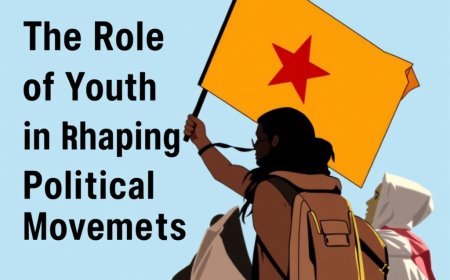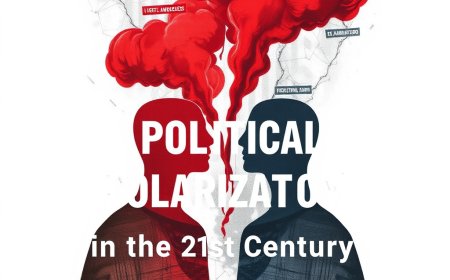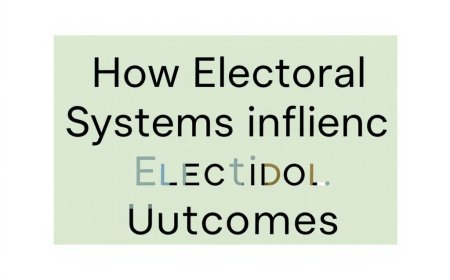The Role of Media Bias in Political Reporting

The media plays a crucial role in shaping public opinion and influencing political discourse. However, the presence of media bias in political reporting has become a topic of increasing concern. Media bias refers to the perceived or real tendency of journalists and news organizations to present information in a way that is favorable or unfavorable to a particular political ideology, party, or individual. This bias can manifest in various forms, including the selection of news stories, the language used to report on them, and the omission or distortion of certain facts.
The impact of media bias on political reporting is multifaceted. On one hand, it can lead to a distorted view of reality among the public, as certain information is emphasized or downplayed based on the media outlet's agenda. This can result in the reinforcement of existing beliefs and the polarization of political discourse. On the other hand, media bias can also be seen as a reflection of the diverse perspectives and opinions within society, providing a platform for voices that might otherwise go unheard.
One of the primary challenges in addressing media bias is the difficulty in defining and measuring it. Different people may perceive bias in different ways, and what one person sees as biased, another might view as objective reporting. Furthermore, the complexity of modern media landscapes, with the proliferation of online news sources and social media, has made it increasingly difficult to discern fact from opinion.
Despite these challenges, it is essential to understand the role of media bias in political reporting. By examining the ways in which bias manifests and its effects on political discourse, we can better appreciate the importance of a diverse and independent media. A free press is fundamental to a healthy democracy, as it provides citizens with the information they need to make informed decisions. Therefore, efforts to promote media literacy, support fact-based reporting, and encourage transparency within news organizations are critical in mitigating the negative impacts of media bias.
In conclusion, the role of media bias in political reporting is a complex issue that warrants careful consideration. While media bias can contribute to the polarization of political discourse, it is also a reflection of the diverse perspectives within society. By promoting a culture of media literacy and supporting independent journalism, we can work towards a more informed and nuanced public discourse.
Moreover, understanding media bias requires a comprehensive approach that involves not just the media, but also the public and policymakers. It is crucial for consumers of news to be aware of the potential for bias and to critically evaluate the information they receive. This involves seeking out diverse sources of information, being cautious of sources with a clear agenda, and supporting news organizations that adhere to high standards of journalism.
Additionally, policymakers have a role to play in promoting a media environment that is conducive to unbiased reporting. This can involve regulatory measures that ensure a level playing field for different media outlets, as well as initiatives that support media literacy and education.
Ultimately, addressing media bias in political reporting is an ongoing challenge that requires the collective efforts of the media, the public, and policymakers. By working together, we can foster a media landscape that is more transparent, more diverse, and more committed to fact-based reporting. This, in turn, can help to promote a more informed and engaged citizenry, which is essential for the health of any democracy.
As we move forward, it is also important to recognize the evolving nature of media and its impact on political reporting. The rise of digital media has transformed the way news is consumed and disseminated, presenting both opportunities and challenges for unbiased reporting. Leveraging these opportunities while addressing the challenges will be key to ensuring that the media continues to play its vital role in democratic societies.
In an era where information is more accessible than ever, the responsibility on both the media and the public to ensure that this information is accurate, unbiased, and informative is greater than ever. By acknowledging the role of media bias and taking steps to mitigate its effects, we can work towards a future where political reporting is more balanced, more accurate, and more reflective of the diverse views within society.
















